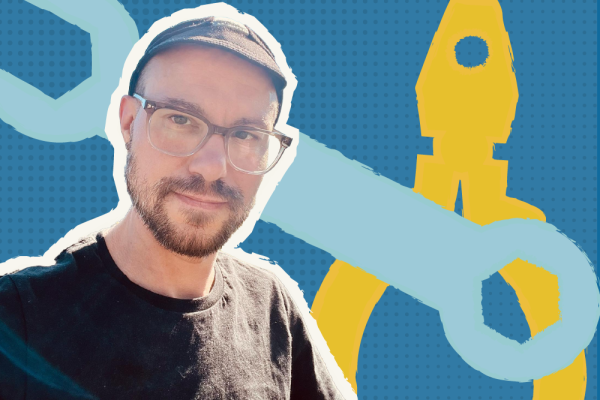Recently, I saw a clip that claimed to show video game players performing the “first Fortnite baptism.”
Fortnite, for those unfamiliar, is an online battle royale-style game that boasts over a million active players. At its peak, it claimed over 14 million players. In the video, two characters, standing in a virtual lake exchange the questions: “Do you confess that Jesus is your Lord and Savior?” “Will you follow him for the rest of your days?” Followed by a Trinitarian baptism, and exclamations of “Let’s goooooo!”
As I watched this theologically questionable exchange, I started thinking about Riley MacLeod. MacLeod is editor and co-owner of Aftermath, a worker-owned publication dedicated to games journalism and blogging. But I also knew MacLeod was a graduate of Harvard Divinity School and someone broadly interested in faith and social justice.
Read the Full Article

